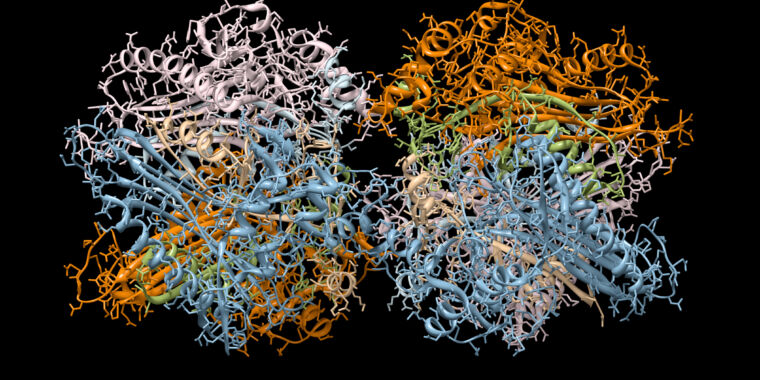How AI-video generation demonstrates the Romanesco Effect in real-time

In the recent explosion of AI and large language model (LLM) applications, few developments have captured the imagination quite like the recent strides in video generation. The unveiling of OpenAI's Sora has sparked both excitement and trepidation within the tech community and beyond.
The spectacle of Sora, with its ability to transform written prompts into vivid, lifelike videos reminiscent of scenes from a National Geographic documentary, underscores the remarkable progress made in artificial intelligence.
While OpenAI's foray into AI video generation has garnered attention, it's clear that the company is not alone in this endeavor. If I quickly list a few of the current contenders in this race, a few names immediately come up:
- Runway for experimenting with generative AI as broadly as possible
- Peech and Fliki to help marketing teams produce content
- Visla and Descript for translating a script directly into a video
- Synthesia to create digital avatars
- Opus Clip for repurposing long-form text in short movies
- Rr Wondershare Filmora for polishing videos with AI tools...
And many others I couldn't bother to list here.
Beyond identifying who's doing what at the moment, what is of much more direct interest to me is that this exposition of startups and various applications illustrates in real time a core principle of how innovation unfolds, propagates, and changes markets.
I call it the Romanesco Effect as a nod to Geoffrey Moore's theory of Innovation Diversification.
This mechanism is central to understanding how technology leads to innovation. As a reminder creating technology is not innovation; it's 'only' invention. It's quite often the core issue with deeptech startups that think that having amazing technology is enough. It's absolutely not as the game is about getting into a market and... sell something!
The Romanesco Effect says (well, these are my words, so don't take it as science!) that "(...) as a proper fractal picture if you zoom in on any portion of the innovation playfield, you will uncover a level of complexity similar to the whole market. This means that if you deep-dive into the complexity of new lithium battery technologies, you will find a level of complexity in innovation comparable to the whole global energy market."
This is what we currently witness with AI tools. It's at a stage of the innovation cycle where if you zoom in on the sea of startups doing AI, you will see AI video generation among many, many other verticals. Zoom in this field, and you'll see another sea of applications. Take one among them, like avatar generation, and you will see another sea of startups in what should only be a narrow niche, and so on.
This part of the cycle seems ever-expanding.
It's not. It will end up facing a huge crunch as there will eventually only be space for a few of these startups to grow into proper businesses because there's always a structural bottleneck to these technologies. For digital content production, the bottleneck is quite often about who owns the underlying infrastructure (Microsoft eventually buys out Mistral AI or Nvidia sells the hardware on which everything AI is running).
Understanding the whole cycle, how it plays out, and where the key triggers are to move to the next stage is, in my perspective, a tremendous asset for anyone involved in innovation. But if various specialists, theoreticians, and academics have focused on some parts of the cycle, the full picture has never been aggregated as far as I know.
This is one of the reasons I've started to properly think and build my own "BIG Technology Framework" to try to make sense of the whole cycle, starting with science or pure technology (invention) and eventually leading to a stable business and societal transformation (invention):

- For reference, the full discussion on what is the Romanesco Effect:

- More perspective on the current explosion of AI-video tools:

- And if you think there should be more interesting things to do with AI, I would wholeheartedly agree:






